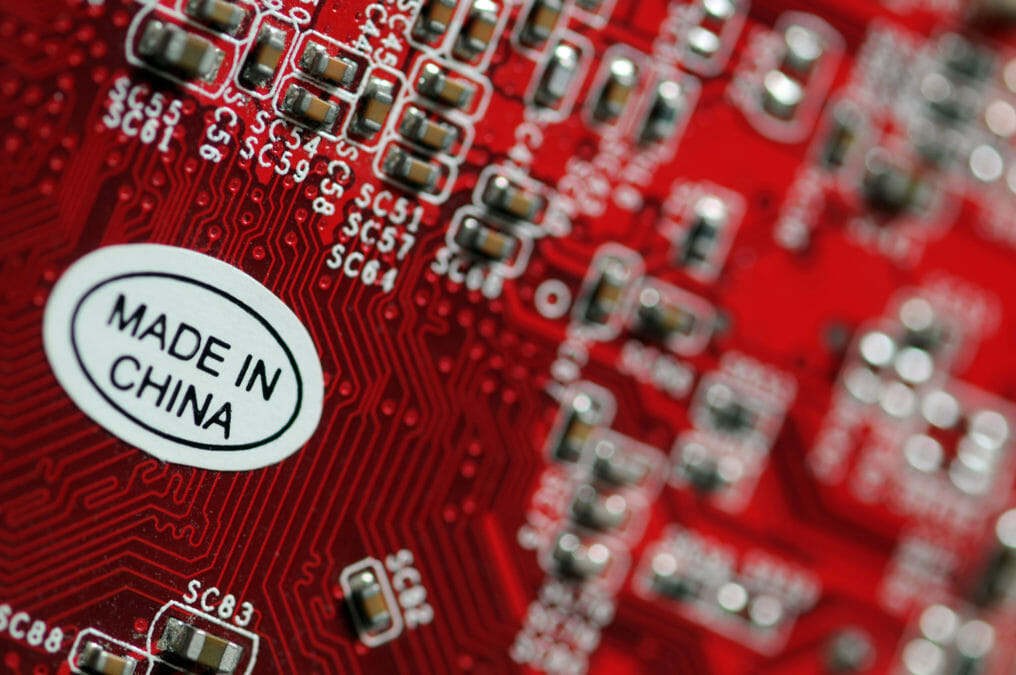Starting this summer, the Japanese government will be testing a system in which foreign tourists will be able to verify their identities and buy things at stores using only their fingerprints.
There are hopes that this completely cardless, cashless system will attact more tourists to the country, with a goal of having the system in place by the 2020 Tokyo Olympic and Paralympic Games.
> See also: 8 in 10 Brits would ditch passwords for biometric security
As Japanese newspaper the Yomiuri Shimbun reports, inbound tourists will register their fingerprints and other data, such as credit card information, at airports and elsewhere. Tourists can then use their fingertips for payment for goods and services and to verify their identity to hotels and other places instead of showing a passport.
It's thought that the system will encourage tourists by eliminating ATM charges, exchange rates and credit card fees when using cards abroad. It also eliminates having to carry cash which could be easily stolen or lost.
A total of 300 souvenir shops, restaurants, hotels and other establishments in popular tourist areas will participate in the experiment, with plans to gradually expand throughout the whole country, covering sites in the picturesque Tohoku region and urban districts in Nagoya by next spring.
> See also: Smartphone fingerprint technology and its implications for data security
It's not a completely new idea in Japan – In October last year, a theme park in Nagasaki introduced fingerprint payments for about 30 of its stores and restaurants.
'The system has been well received by customers, including those with children, since it saves them the trouble of taking their wallets out,' a spokesperson for the theme park told the Yomiuri Shimbun.
By collecting anonymised data on how foreign tourists use the system, analysing their movements and spending habits, data from the fingerprint system is expected to used to help improve the tourism industry as well as give good idea of the potential of fingerprint payment systems.
Japan has been ahead of the curve when it comes to biometric payments for some years – in 2015 technology giant Fujitsu rolled out palm vein authentication technology for Japanese payment company JCB, creating the first system in the world to link palm vein information with payment card data.
Its pilot involving hundreds of employees at the firm's Tokyo headquarters was the first to test out a completely cardless and contactless biometric payment system, so consumers could make purchases without a card or device.
This technology uses the veins in a person's palm, which are more difficult to falsify than fingerprints or other characteristics on the surface of the human body, so shoppers in Japan might soon be seen waving their hands over a sensor to pay for good or services without even touching anything.







